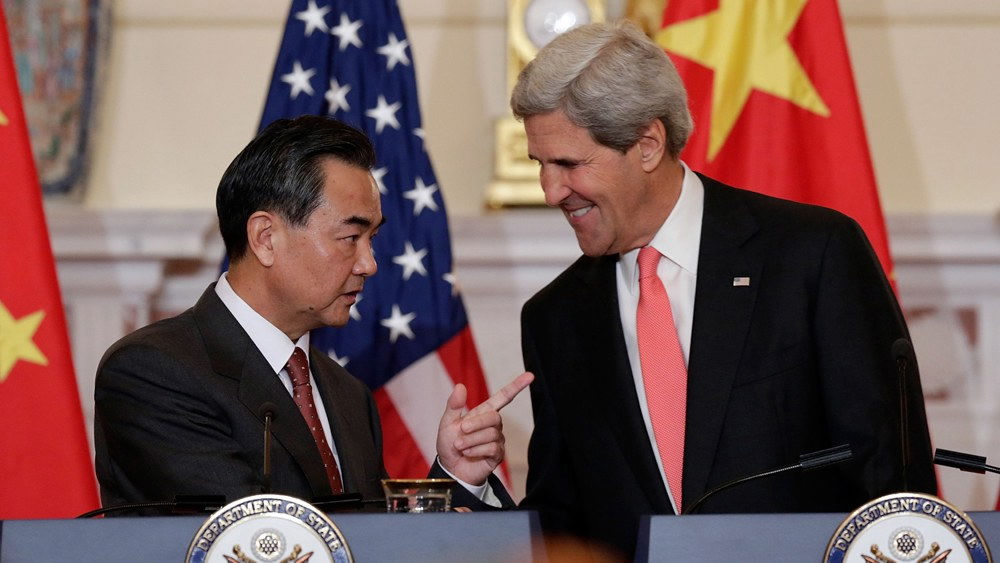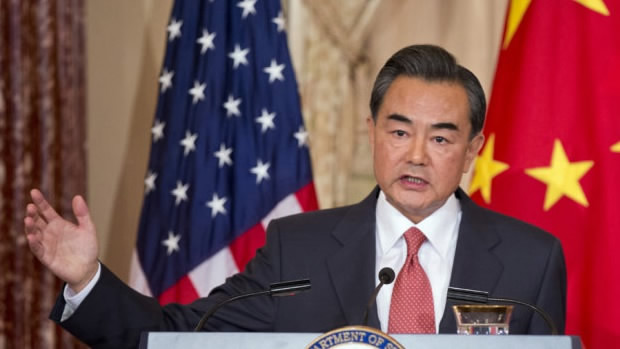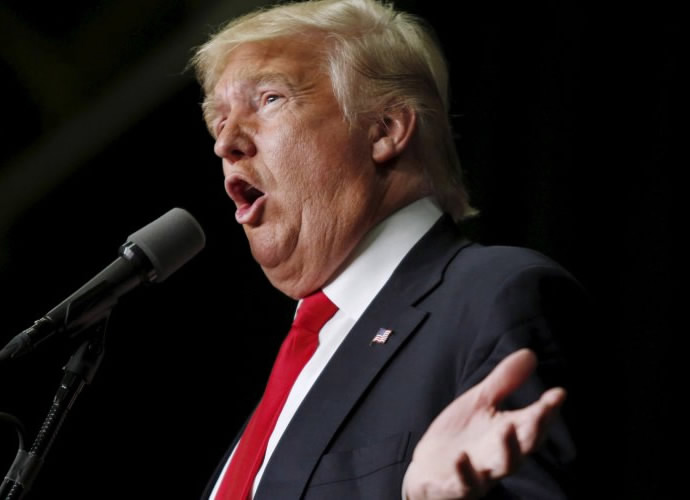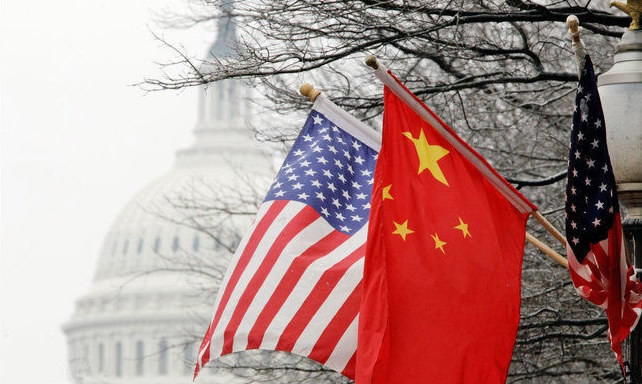
Politics
20:55, 05-Jan-2017
US still committed to one-China policy, Kerry tells Beijing
Updated
10:31, 28-Jun-2018

Outgoing US Secretary of State John Kerry said the one-China policy remains the consensus of both the Democratic and Republican parties, in a phone call with Chinese Foreign Minister Wang Yi on Thursday.
Kerry's comments, disclosed by China’s Ministry of Foreign Affairs, come amid friction between Washington and Beijing following a recent phone conversation between US President-elect Donald Trump and Taiwan leader Tsai Ing-wen.
Kerry stressed that US-China relations were very important and his country remained firmly committed to the one-China policy, according to the ministry. Wang meanwhile urged the two sides to maintain the proper direction in developing relations.

Kerry’s phone call came ahead of an expected stopover in the US by Tsai on her way to Latin America. Her phone call with Trump last month sparked tensions between the US and China. For the past four decades, Washington has maintained the one-China policy, which sees Taiwan as part of China, and has had no formal ties with Taipei.
Trump’s phone conversation with Tsai on December 2 and his combative remarks on China have however cast doubts on whether the incoming US administration will stick to the one-China principle.

US President-elect Donald Trump. /CFP Photo
US President-elect Donald Trump. /CFP Photo
Beijing has since repeated that the one-China principle is the political basis of Sino-American ties. Trump’s move also created a ruckus in Washington circles, causing the White House to reaffirm that the American decades-long stance, which considers Taiwan to be part of China, will not change.
One-China policy regarded as bilateral foundation

The US established diplomatic relations with China on the first day of 1979, after which Washington ended diplomatic ties with Taiwan. But Washington has still maintained some level of exchanges with the island.
After Tsai became the island’s leader, Beijing expressed concern about her policy toward the mainland, as her Democratic Progressive Party (DPP) has traditionally supported “Taiwan independence.”
Tsai has so far declined to clarify whether she would accept the 1992 Consensus, which specifies that the Chinese mainland and Taiwan belong to "One China."

SITEMAP
Copyright © 2018 CGTN. Beijing ICP prepared NO.16065310-3
Copyright © 2018 CGTN. Beijing ICP prepared NO.16065310-3